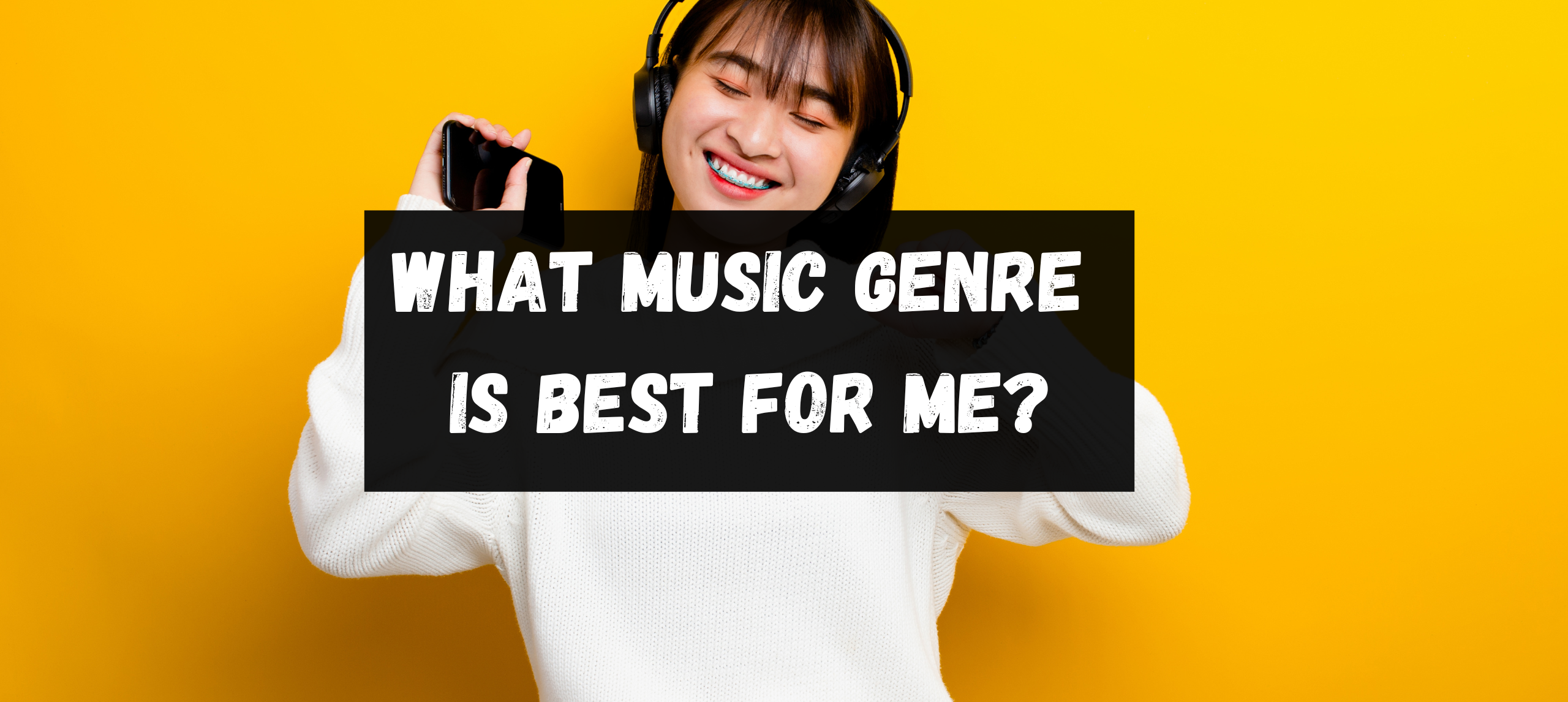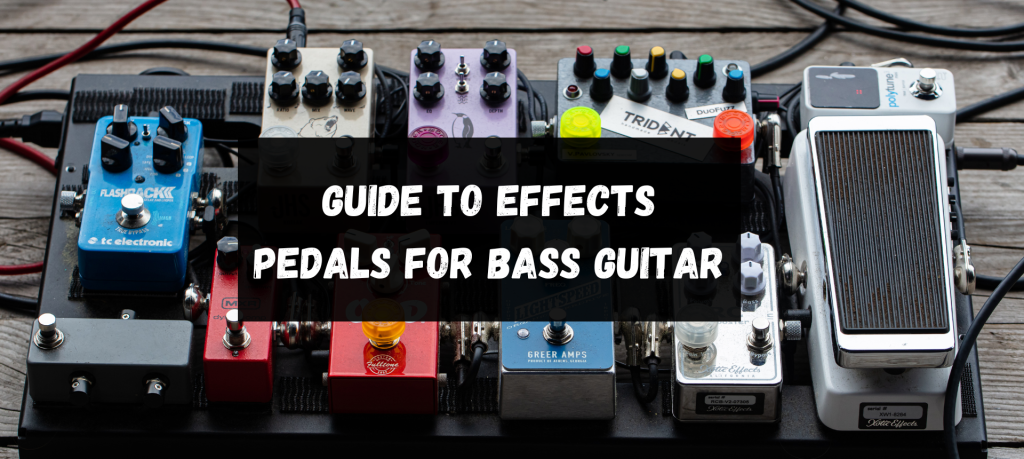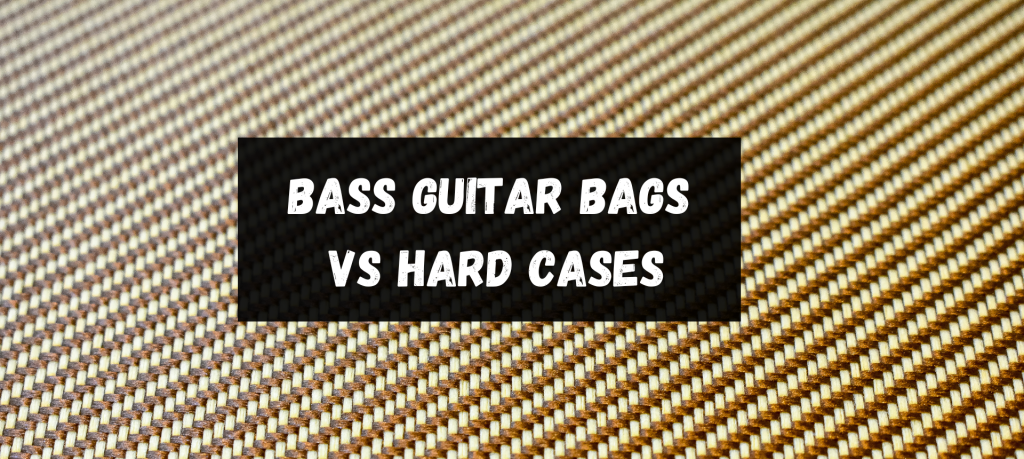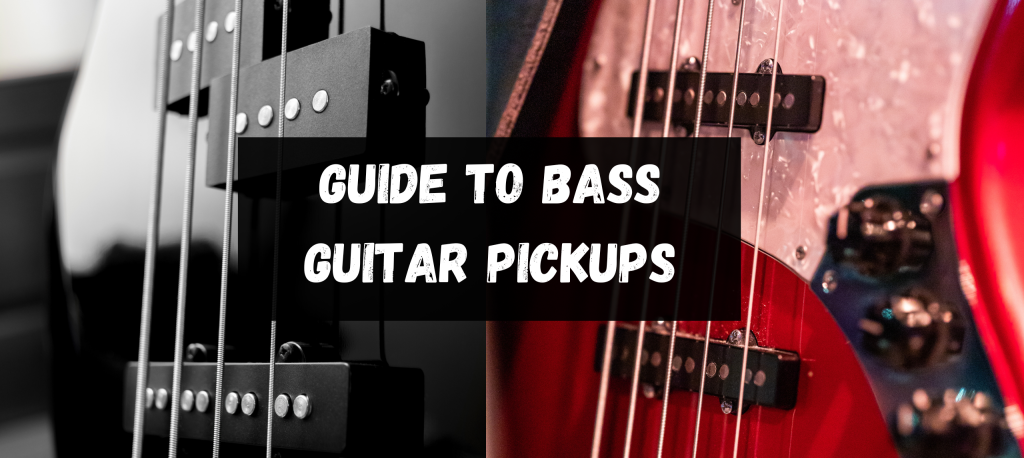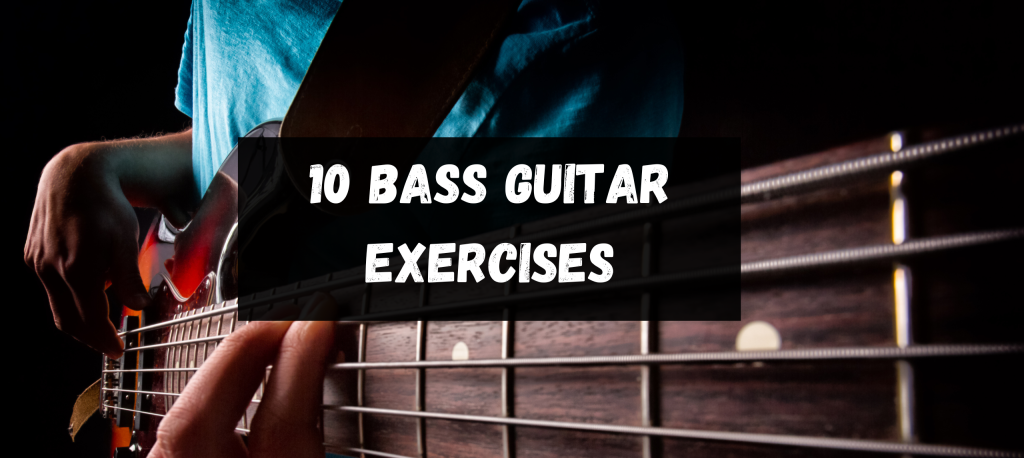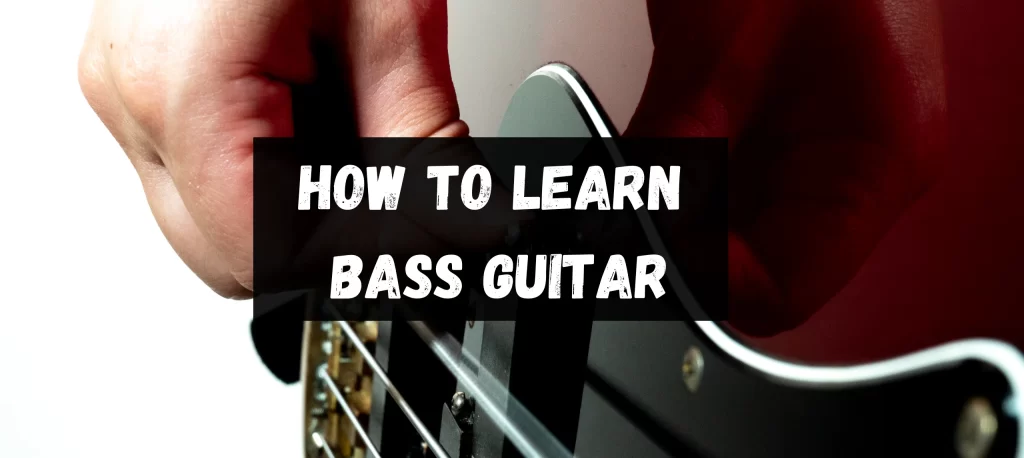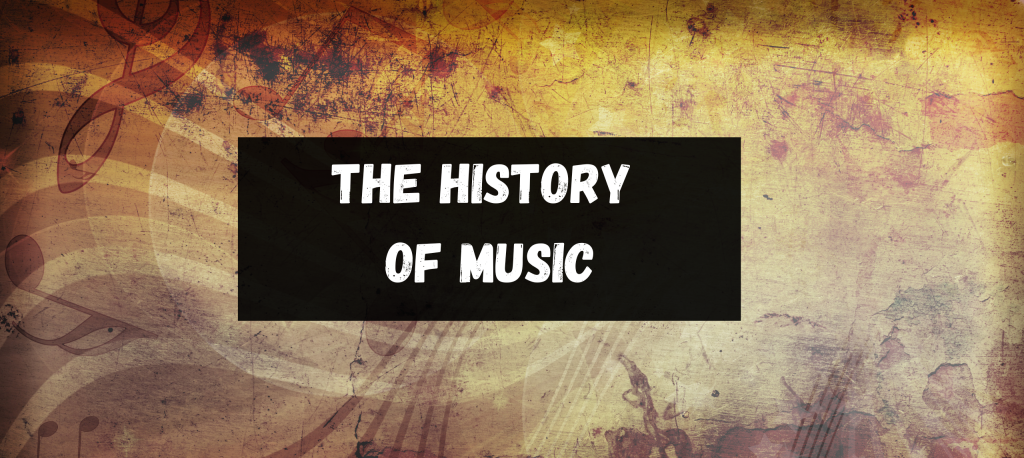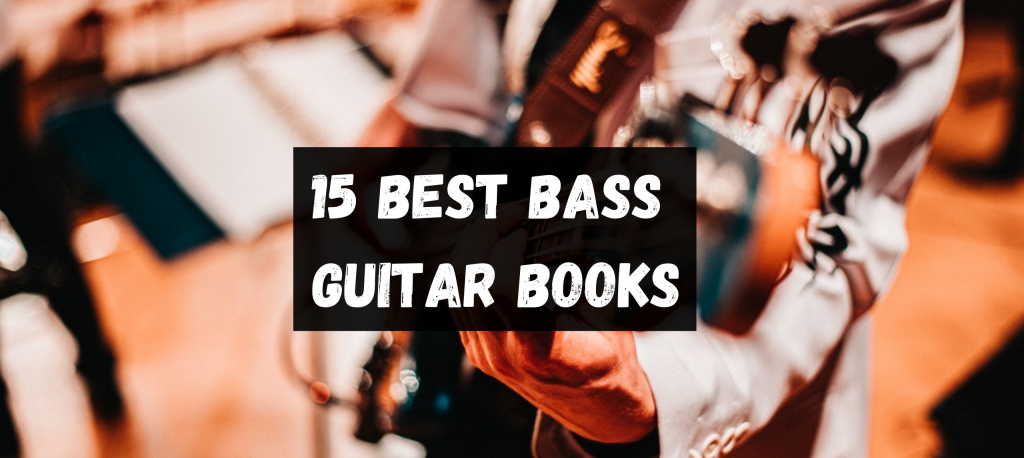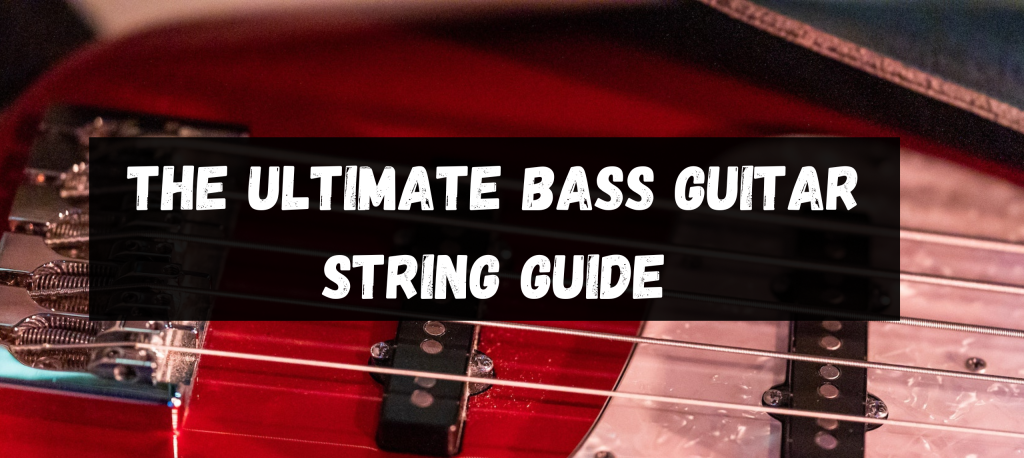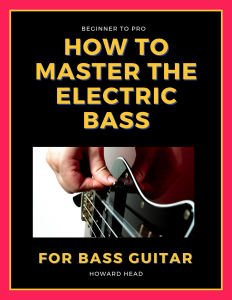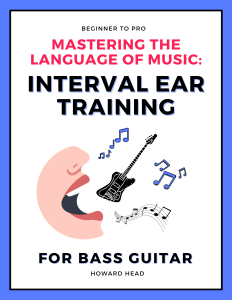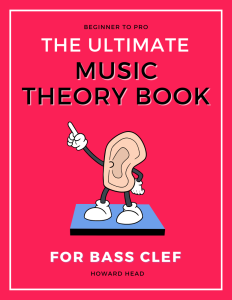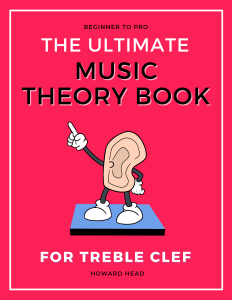September 2, 2023
Howard
The best music genre for you depends on your preferences, experiences, and the emotions you seek from music. It’s an intensely individual choice, often moulded by cultural, social, and personal influences. Exploring various genres can help pinpoint what resonates most with you.
From the lively beats of Pop to the soulful strains of Jazz, the rich world of music genres offers a plethora of sounds, each evoking unique emotions and memories. The vast expanse of musical styles caters to the diverse palate of listeners, intertwining with our personal experiences, cultures, and moods.
As we delve deeper into this article, we’ll explore the fascinating terrain of music genres and how our preferences often guide us towards our cherished tunes. Trust us; you’re in for an enlightening journey – so if you’ve ever wondered why certain melodies pull at your heartstrings while others energise your spirit, stay with us. We have a trove of insights awaiting you.
A Deep Dive into Popular Music Genres
The Pop Phenomenon
Pop music, often dubbed the heart of mainstream tunes, dominates charts worldwide. Its name, short for “popular”, says it all. With catchy hooks, relatable lyrics, and star-studded collaborations, it’s no wonder pop has such a massive following.
Traits and characteristics of Pop
- Catchy melodies and hooks
- Versatile in collaborating with other genres
- Universal and relatable lyrical themes
The Beat of Hip-Hop and Rap
From its birth in the Bronx during the late 1970s to its current global prevalence, hip-hop and rap have more than just ‘rapped’ their way into our hearts. It’s a genre that’s not just about rhythm but reflects deep societal issues, often acting as a voice for the marginalised.
A brief history and its global impact
- Originated from African-American communities in the 1970s
- Became a significant force in modern culture and fashion
- Has spurred subgenres and influential movements worldwide
The Electric World of EDM
Electronic Dance Music (EDM) is a pulsating blend of beats and electronic sounds to get you on your feet. Its rise in club cultures and festivals around the globe speaks volumes about its electrifying charm.
What sets EDM apart from other genres?
- Uses electronic synthesisers and drum machines
- Immersive light shows and visuals during live events
- A global community culture with renowned festivals like Tomorrowland
Rock & Metal: From Rebellion to Revolution
Rock & Metal, with their electrifying guitar solos and powerful vocals, have historically been more than just music genres. They symbolise an attitude, a rebellion against the status quo, giving a platform for many to express dissent.
Exploring the spectrum from soft rock to heavy metal
- Soft rock, with its musical tunes and ballads
- Heavy metal’s emphasis on powerful instrumentation and darker themes
- Pioneering bands, from The Beatles’ influence in rock to Metallica’s reign in metal.
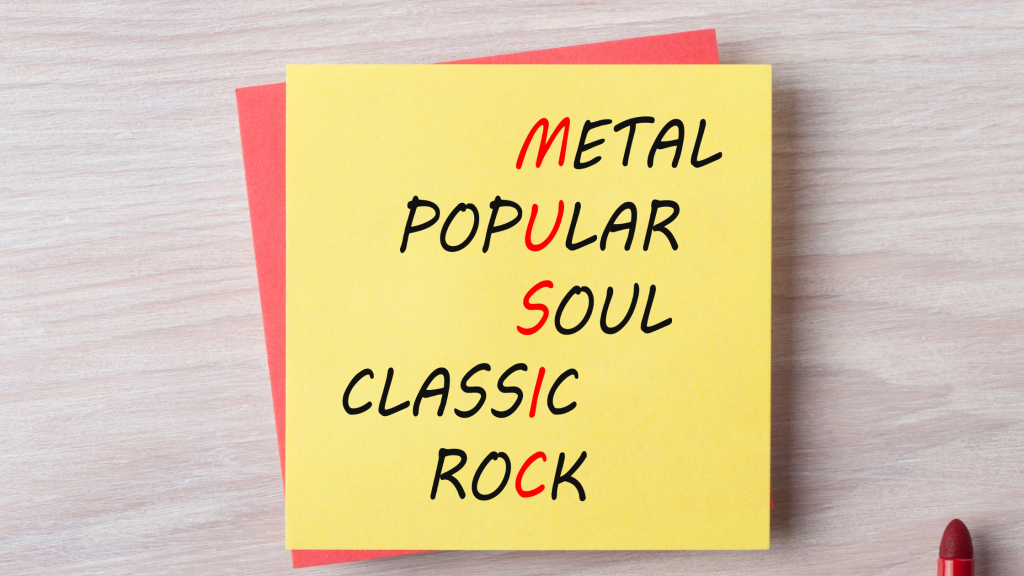
What Your Preferred Music Genre Reveals About You?
Music is more than just a series of notes strung together; it’s a window into our souls. The genres we gravitate towards can often reveal subtle (and sometimes not-so-subtle) facets of our personalities, values, and outlooks on life.
Studies have shown that a combination of intrinsic factors like personality and extrinsic ones like cultural background and life experiences influences our music preferences. Here’s a brief insight into what your favourite genres might suggest:
Pop:
A love for pop often indicates an outgoing, social nature. Pop enthusiasts tend to be conventional and are more likely to use music to regulate their mood.
Classical:
Those who favour the timeless notes of classical music are often introspective and have a solid ability to concentrate. They’re typically more at ease with themselves and appreciate the arts.
Rock/Metal:
A preference for rock or metal can suggest a rebellious streak, or one that’s energetic! Fans are often driven to challenge the status quo, with a penchant for deep thought and introspection.
Jazz/Blues:
These genres attract those with high self-esteem and creativity. An inclination towards these tunes suggests an analytical and intuitive mind.
Hip-hop & Rap:
Individuals drawn to hip-hop are often extroverted and possess a strong sense of rhythm. They’re energetic, with a keen sense of social awareness.
EDM:
EDM fans tend to be social butterflies. They’re often adventurous and like to stay current, always looking for the next big thing.
However, it’s important to note that music preference is incredibly personal and multifaceted. While these insights provide a general overview, every individual has a unique relationship with music, moulded by countless personal experiences and feelings. So, while your playlist might offer a hint, it’s just one piece of the vast jigsaw that is your personality.
A Guided Exploration to Find Your Preferred Music Genre
Making a Personal Top Five Artists List
Before diving into the vast sea of genres, it’s beneficial to anchor oneself by identifying personal favourites.
The power of identifying your core musical influences
Drafting a list of your top five artists can be an enlightening experience. It not only makes you introspective about your current preferences but also:
- Highlights patterns in your musical taste.
- Acts as a reference point when exploring new genres.
- It helps in recognising elements in music that resonate with you the most.
Broadening Horizons: Sampling the Top 10 Music Genres
While having favourite artists is comforting, sticking solely to them can limit musical exposure. It’s akin to staying in one’s hometown forever – comfortable, yes, but there’s a whole world out there!
A suggested playlist for genre exploration
To assist in your musical journey, here’s a curated list to dip your toes into the vast ocean of genres:
- Pop: “Shape of You” – Ed Sheeran
- Rock: “Bohemian Rhapsody” – Queen
- Jazz: “Take Five” – Dave Brubeck
- Classical: “Clair de Lune” – Claude Debussy
- Hip-Hop: “Lose Yourself” – Eminem
- EDM: “Titanium” – David Guetta ft. Sia
- Country: “Jolene” – Dolly Parton
- Blues: “The Thrill is Gone” – B.B. King
- Folk: “Blowin’ in the Wind” – Bob Dylan
- Metal: “Enter Sandman” – Metallica
A Historical Glimpse: Origins of Different Music Styles
Every genre, be it the rhythmic beats of rap or the soothing strains of classical, has a history. Understanding this can enrich one’s appreciation for the music.
Understanding the roots to appreciate the present better
Here’s a brief historical context for some prominent genres:
- Blues: Originating from African-American communities in the Deep South, it encapsulates raw emotion and the trials of life.
- Classical: Spanning centuries, from the intricate Baroque to the dramatic Romantic era, it’s the foundation for many modern music elements.
- Rock: Born in the 1950s USA, rock ‘n’ roll blended blues, jazz, and gospel, eventually paving the way for hard rock, punk, and more.
- Hip-Hop: Emerging from the Bronx in the 1970s, it began as a form of social commentary and has now diversified into numerous sub-genres.
- EDM: While electronic music has 20th-century roots, the rise of festivals and club culture in the ’80s and ’90s propelled it to global stardom.
Remember, listening and appreciating its nuances, stories, and evolutions is the key to truly enjoying and understanding music.

Broadening the Spectrum: Other Noteworthy Genres
Music is as diverse as the human experience itself. Each genre’s unique rhythm, tone, and story offers a different lens to view the vast tapestry of human emotion and history.
A brief look into genres
While most of us have genres we favour, a sound world awaits exploring. Whether you’re a seasoned audiophile or just starting your musical journey, these selections offer a brief taste of music’s wide variety.
Pop: “Shape of You” – Ed Sheeran
Pop’s infectious rhythms and relatable lyrics have made it a global sensation. Ed Sheeran’s “Shape of You” encapsulates its essence with catchy beats and a melody that stays with you.
Rock: “Bohemian Rhapsody” – Queen
Evolving from blues and country, Rock is marked by its strong rhythm and, often, electric vibes. Queen’s “Bohemian Rhapsody”, with its operatic middle section and rock finale, offers a journey through the very soul of this genre.
Jazz: “Take Five” – Dave Brubeck
Jazz, with its improvisations and swing notes, exudes sophistication. “Take Five” by Dave Brubeck gives listeners a sip of this genre’s intricate melodies and rhythms.
Classical: “Clair de Lune” – Claude Debussy
The timeless allure of Classical music is evident in pieces like Debussy’s “Clair de Lune”, which transports one to a serene moonlit night with its gentle piano melodies.
Hip-Hop: “Lose Yourself” – Eminem
Hip-hop narrates tales of struggle, ambition, and life emerging from urban landscapes. Eminem’s “Lose Yourself” showcases the powerful lyricism and beats that define the genre.
EDM: “Titanium” – David Guetta ft. Sia
Electrifying and pulsating, EDM is the heart of many modern parties. “Titanium”, a collaboration between David Guetta and Sia, captures the energy and drive of this genre.
Country: “Jolene” – Dolly Parton
Rooted in folk music and ballads, Country tells tales of love, loss, and life. Dolly Parton’s “Jolene” offers a heartfelt plea set against the backdrop of twanging guitars.
Blues: “The Thrill is Gone” – B.B. King
With its emotional intensity, Blues speaks of life’s highs and lows. B.B. King’s iconic “The Thrill is Gone” portrays the raw, soulful depth of Blues.
Folk: “Blowin’ in the Wind” – Bob Dylan
Narrating stories of societies and cultures, Folk music reflects people’s lives. Bob Dylan’s “Blowin’ in the Wind” questions war and freedom, capturing Folk’s essence.
Metal: “Enter Sandman” – Metallica
With its powerful guitar riffs and intense vocals, Metal is a genre of passion and energy. “Enter Sandman” by Metallica showcases the hard-hitting and electrifying nature of Metal.
Music for Enhanced Productivity
We’ve all been there – searching for that perfect playlist to spur productivity, drown out distractions, or inspire creativity. Music, with its myriad forms and rhythms, has an uncanny ability to transform our work environment. But which genres and tempos truly enhance our productivity, and why?
Classical Compositions for Concentration
Drenched in historical significance and unrivalled sophistication, classical music offers an elegant background that can enhance cognitive functions. The lack of lyrics means no verbal distractions, allowing the brain to focus on the tasks. Works by Bach, Beethoven, and Mozart, to name a few, are believed to stimulate the mind and promote clear thinking.
Nature’s Rhythms: Serenity and Focus
There’s something inherently calming about the sound of raindrops, rustling leaves, or chirping birds. Nature sounds tap into our primal connection with the environment, inducing a state of calm. This tranquillity can boost concentration levels, especially when dealing with tasks that require deep thought or creativity.
Immersive Worlds: The Magic of Cinematic and Video Game Music
Scores designed for films and video games are created to enhance the experience without overpowering it. This makes cinematic and video game music perfect for background listening. These soundtracks carry emotional depth, evoke imagination, and can inspire a heightened state of focus.
The Role of Beats per Minute (BPM) in Productivity
There’s an underlying science to the pace of music and its influence on our brain’s performance.
The sweet spot: Music between 50 and 80 BPM
Research suggests a ‘sweet spot’ in music tempo aids productivity. Tracks that range between 50 to 80 BPM are often ideal. These tempos match the heart rate’s relaxed state, promoting calmness and enhancing cognitive performance. Artists like Adele and Maroon 5 often produce tracks in this BPM range, offering a blend of relaxation and energy.
The Comfort of Familiarity: Why Your Favourite Music Boosts Productivity
Listening to our favourite tracks often brings a sense of comfort. These songs, imbued with personal memories and emotions, can be a psychological stimulant. The familiarity provides an emotional boost, reducing stress and increasing our happiness at work.
Overall, lyric free music is often best. Personally I find trance music to be great for productivity! Jazz is fantastic but I find it a bit too stimulating for work!
Otherwise you could also try Binaural beats or Isochronic tones.
The Comprehensive List: Navigating Various Genres
In the ever-evolving world of music, the plethora of genres available can sometimes feel overwhelming, especially when one hunches for new sounds to explore. This comprehensive guide will introduce you to a selection of genres, shedding light on their origins, influences, and the uniqueness they bring to the global music table.
From Ambient to Alternative, Reggaetón to Rock
Ambient: Often instrumental, this genre emphasises tone and atmosphere over traditional musical structure or rhythm. It provides an immersive soundscape that can transport listeners to another realm, making it a favourite for relaxation or meditation.
- Alternative: An umbrella term for music that diverges from mainstream pop, rock, or country. While it’s tricky to define, alternative music is characterised by rejecting commercialism and embracing cultural movements.
- Reggaetón: Originating from Puerto Rico in the late 1990s, this genre fuses Latin rhythms with hip-hop beats. It’s best known for its infectious hooks and dance-inspiring beats, making it a global sensation in clubs worldwide.
- Rock: A genre that needs little introduction, rock music emerged in the 1950s, drawing on various musical traditions, including blues, country, and rhythm and blues. With its roots in rebellion and counterculture, it’s no surprise that rock has produced some of the world’s most iconic anthems.
Diving deeper into the expansive music universe will uncover further genres such as Jazz, Blues, Country, Folk, Electronic, and many more. Each genre, with its distinct rhythm, history, and fan base, contributes to the rich tapestry of global music culture.
Fun Interlude: Interactive Music Quiz
Amidst the vast ocean of musical genres, have you ever wondered where your true allegiance lies? Whether you’re a devout rock fan or a silent classical enthusiast, sometimes, a nudge in the right (or, should we say, rhythmic?) direction can lead to delightful discoveries. Enter our interactive music quiz: a light-hearted diversion designed to reveal the music that truly resonates with your soul.
Determining Personal Preferences Through Engaging Questions
Music, in its essence, speaks to our emotions, memories, and experiences. But how do we translate these intangible feelings into a particular genre? It’s all about understanding your unique preferences and tastes.
A series of questions designed to pinpoint listeners’ preferred genres:
- What melody soothes you when you’re unwinding after a long day?
- Which rhythm gets you on the dance floor at a lively gathering without fail?
- Can you recall a song that instantly transports you to a memory, no matter when or where?
- If your life had a soundtrack, would it be a harmonious blend or a genre-hopping medley?
Delving into these questions and more, our quiz takes you on a personalised journey through the annals of music. By the end, not only will you have a clearer understanding of your musical inclinations, but you might also stumble upon new genres waiting to be explored.
Conclusion: Embracing Continuous Musical Exploration
As our musical journey ends, it becomes evident that the realm of music is as boundless as the universe itself. With genres spanning centuries and cultures, each resonating with diverse emotions, experiences, and tales, it’s an ever-evolving space that beckons us to dive deeper and explore.
It’s all too easy, isn’t it, to find comfort in the familiar strains of our favourite tunes? While there’s undeniable solace in the known, venturing into uncharted musical territories can often lead to delightful surprises. By remaining open-minded:
Just as our preferences in food, fashion, or friendships evolve, so too does our musical palate. It’s natural for the rock anthems of our teenage years to give way to the soothing tunes of classical or jazz as we mature.
Music is a universal language, yet every genre carries the nuances of its cultural roots. Dabbling in various genres offers a unique window into the heartbeats of different societies and epochs.
Different genres cater to the diverse spectrum of our emotions. Whether it’s the upbeat tempo of pop on a sunny day or the soulful strains of blues during a reflective evening, every genre has its moment.
Further Recommendations and Tools
In today’s digital age, music lovers have many tools and applications that curate, customise, and elevate the auditory experience. From algorithmic playlists that introduce us to unheard tracks to immersive sound-enhancement tools, the world of music tech is continually evolving, all to ensure that every note strikes a chord within us.
Introducing apps and tools for exploring music genres and enhancing the listening experience:
1. Spotify:
Undoubtedly one of the most popular streaming platforms globally, Spotify’s Discover Weekly and Release Radar features ensure you’re always in the loop with tracks tailored to your tastes. Its vast library spans genres and epochs, making musical exploration enjoyable.
2. SoundHound:
Have you ever had a tune stuck in your head but couldn’t quite place it? SoundHound comes to the rescue, identifying songs within seconds. Moreover, it dives deep into artist biographies and related tracks, broadening your musical horizons.
3. Tidal:
Tidal’s high-fidelity streaming ensures that every beat is crystal clear for audiophiles who yearn for impeccable sound quality. They also offer exclusive releases and behind-the-scenes content for a truly immersive experience.
4. Music Map:
If you’ve ever wondered about artists similar to your favourites, Music Map provides a visual web of interconnected musicians and bands. Simply input an artist’s name and watch a universe of related music unfurl.
5. Songkick:
For those who believe that music is best experienced live, Songkick keeps you updated on concerts and live performances based on your music library. Never miss a gig from your beloved bands again.
To conclude, as vast as the realm of music is, the tools at our disposal ensure that we’re always found. They guide, suggest, and introduce, all while fine-tuning our experiences to resonate with our unique tastes. So, go on and dive into these tools, and let your musical journey be as diverse, delightful, and infinite as the genres themselves.
You May Also Like:

Howard Head
I turn confused bass enthusiasts into bass gods through a simple and logical process.


